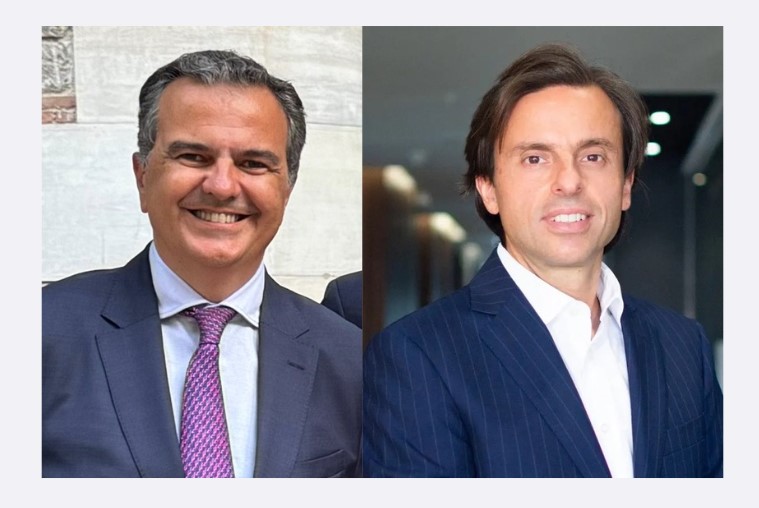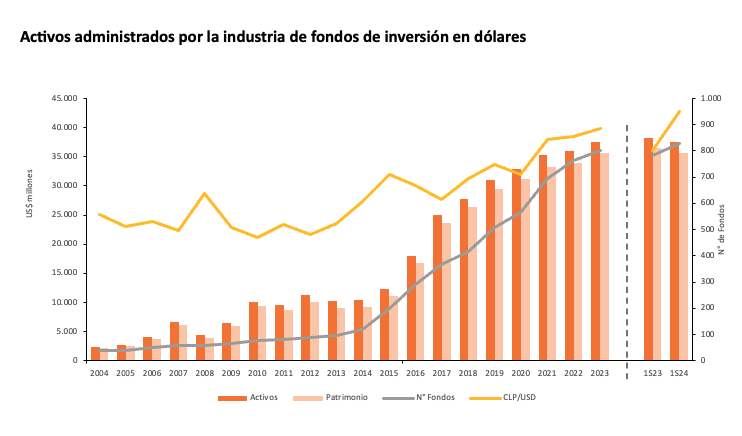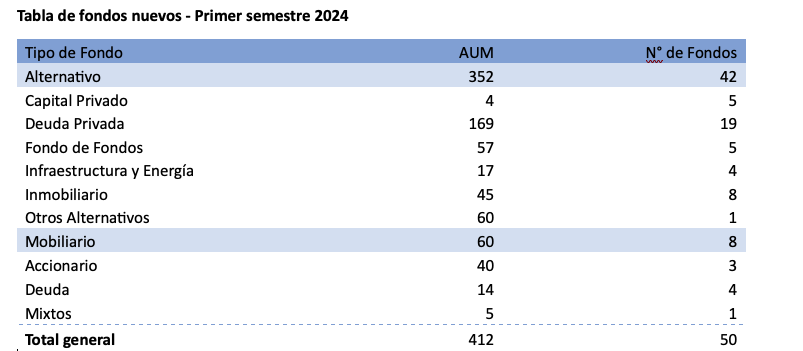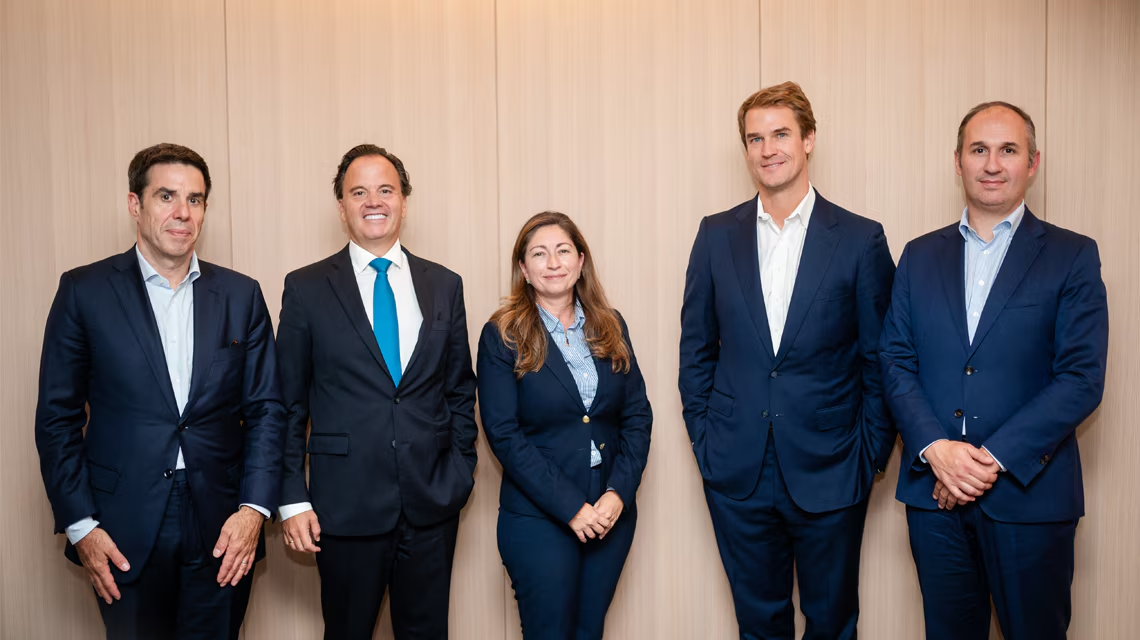Santander Private Banking Restructures its Leadership Team and Creates a New Commercial Area to Boost its Global Growth
| By Alicia Miguel | 0 Comentarios
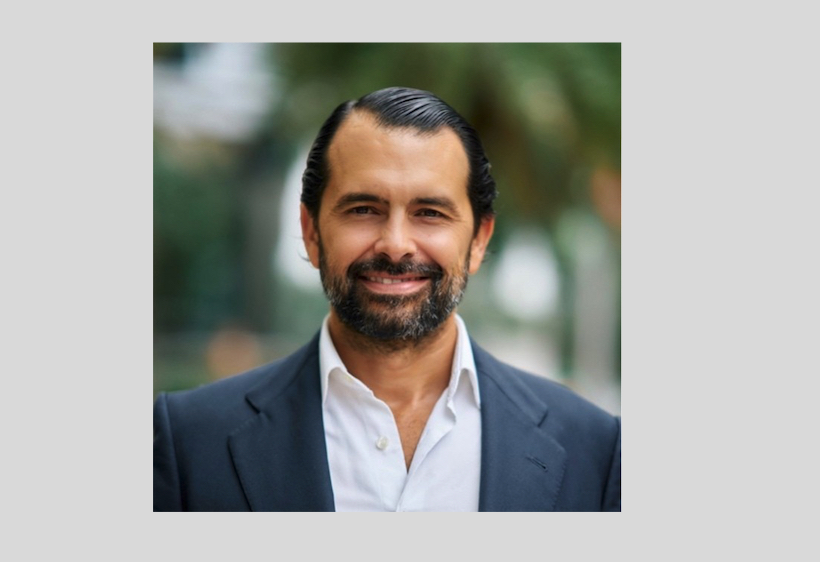
Changes in the structure and leadership of Santander Private Banking teams, led by Alfonso del Castillo, the global head, who has established his office in Madrid, moving from his previous position in Miami. The entity has made new appointments and a new addition, with the aim of accelerating its international growth.
The new addition to the team is Carmen Gutiérrez, the new head of the Global Family Office, who will lead the entity’s value proposition across all geographies. She has developed her career in institutions such as Julius Baer and Credit Suisse, in countries like Mexico and Switzerland.
The other positions have been filled with professionals from within the company. Antonio Costa, who was CEO in Switzerland (BSISA) for many years, has been appointed as the Global Head of Commercial, a newly created position in which he will be responsible for strengthening the entity’s business dynamics in all countries. His previous role will be assumed in 2025, pending the relevant regulatory approvals, by Frans Von Chrismar, who will be the new head of BSISA, the Swiss unit.
Verónica López-Ibor, previously head of Products and Private Wealth at BPI, will be the new Global Head of Products and Investments.
Javier Martín-Pliego has been appointed Global Head of Strategy, a position from which he will develop, coordinate, and implement the entity’s growth projects.
Additionally, Beltrán Usera will be the new Global Head of the UHNWI segment, which serves the group’s high-net-worth clients. Usera will relocate from New York to Madrid to take on this new role, where he will lead local and global teams serving ultra-high-net-worth clients to implement a coordinated global strategy in this area.
The Global CIO for Santander Private Banking will be Kamran Butt. He has been the CIO for the Middle East and will now hold both roles.
Meanwhile, Víctor Moreno will lead the Strategic Solutions unit globally, which he had previously co-led from Miami.
Javier Rodríguez Hergueta, in turn, expands his current role at BPI by taking on global leadership over Private Banking Platforms.
Additionally, the entity has appointed a new Global Head of Transformation, which will be Carlos Rengifo.

